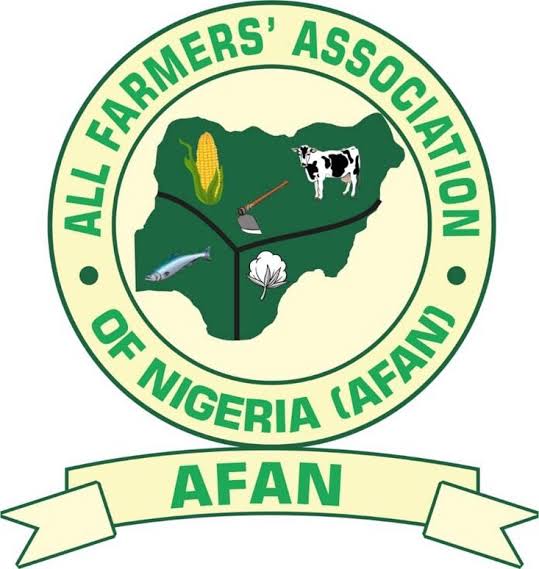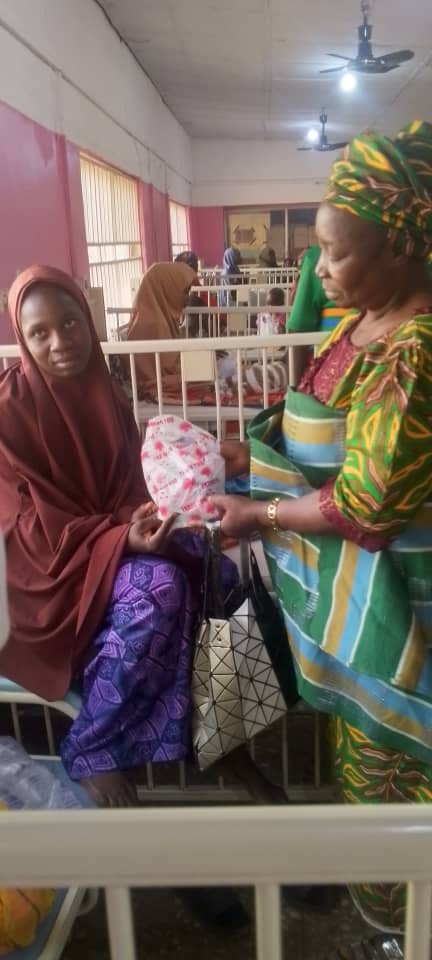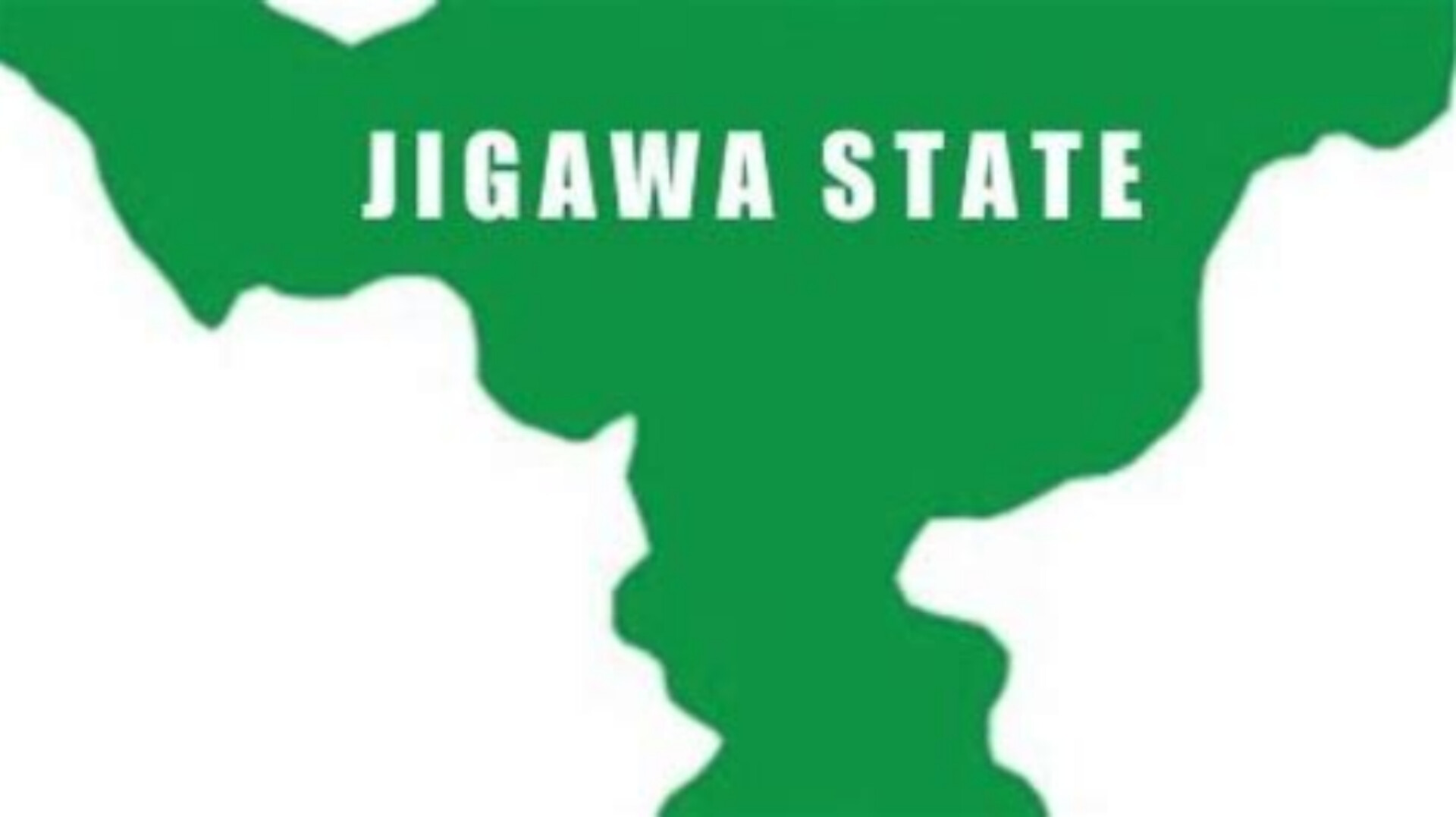By Ahmed Rufa’i, Dutse
The Al-Yaqeen Miga Waqf Foundation in Miga Local Government Area, Jigawa State, has raised over N39.7 million to provide free healthcare and education for 1,100 orphans, elderly persons, and vulnerable groups.
The chief launcher, Alhaji Sa’idu Ismaila Koya, made the largest donation of N15 million, contributing N5 million personally and N10 million on behalf of his parents.
Speaking at the event, Alhaji Muhammad Garba, Chairman of the Foundation and District Head of Miga, described the foundation as a philanthropic initiative based on Islamic endowment (Waqf) principles.
“60% of the funds will be invested for sustainability, while 40% will support vulnerable groups, including orphans, widows, and the elderly,” he stated.
He added that the foundation aims to build financial independence for beneficiaries and evolve from annual Zakat collections into daily Waqf donations, accessible to all.
Dr. Hassan Hussaini Adamu, representing the Foreign, Commonwealth & Development Office (FCDO), highlighted their support in health services, education, and community development across five states and 138 LGAs.
“We focus on sustainable health financing, scholarships, and vocational training to promote financial independence and inclusiveness,” he said.
The Emir of Dutse, Alhaji Muhammad Hameem Nuhu, commended the FCDO for their support and urged citizens to donate generously, emphasizing that such acts carry spiritual rewards.
Key donors included, Speaker, Jigawa House of Assembly
Rt. Hon. Haruna Aliyu Dangyatin, N5m, Miga Local Government Council N2m, Miga Local Government Chairman N500,000.
The foundation’s chairman expressed gratitude to donors and called for continued support to sustain the program and improve lives.

END




